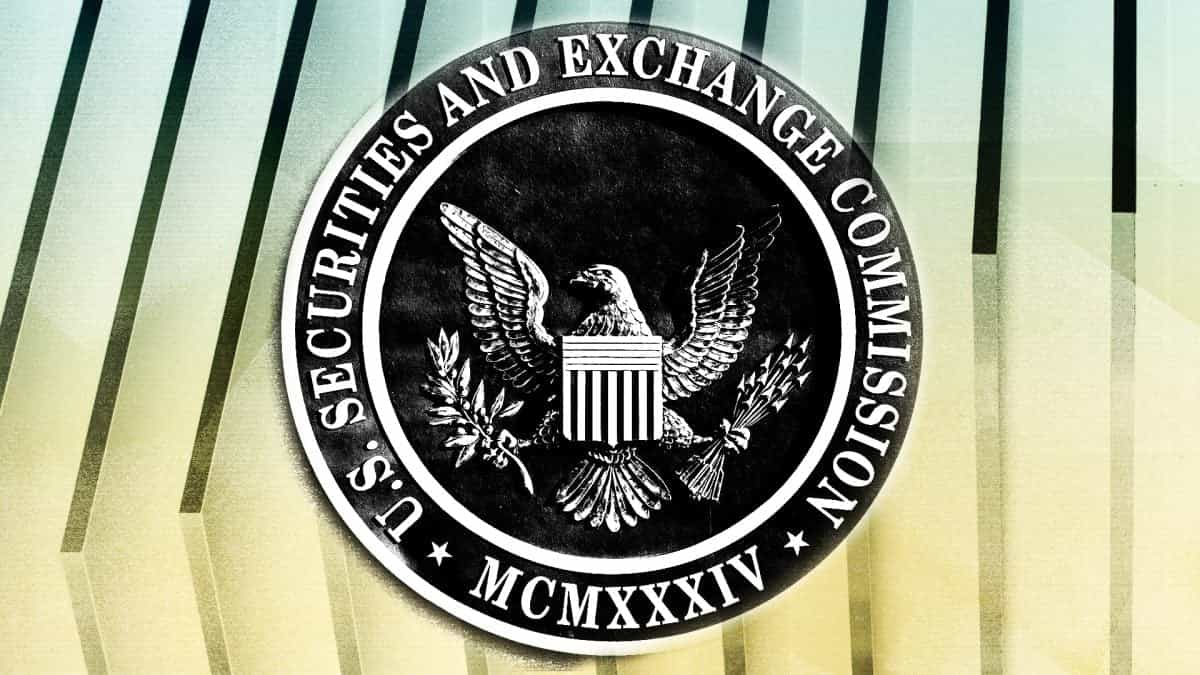SEC charges DeFi platform Rari Capital with misleading investors and unregistered broker activity

Quick Take
- The SEC charged and settled with Rari Capital and its co-founders, marking the latest DeFi firm to be scrutinized by the agency.
- Rari Capital and its co-founders did not admit or deny the SEC’s findings.
We'd love your feedback.
The U.S. Securities and Exchange Commission settled charges it made against DeFi platform Rari Capital, Inc. after finding that the firm and its co-founders misled investors and were not registered properly as brokers.
Rari Capital co-founders Jai Bhavnani, Jack Lipstone and David Lucid told investors that its managed Earn pools, which allowed investors to lend tokens to earn yield, would "automatically and autonomously rebalance" their crypto, when instead this was done manually, which the firm sometimes failed to do, the SEC said. They also were involved in "unregistered broker activity" related to the user-generated Fuse pools, the SEC said.
The agency claims more than $1 billion worth of assets was locked up in Rari's pools at its height.
“We allege that Rari Capital and its co-founders misled investors about both the features and profitability of certain of the crypto asset investments Rari Capital offered, and acted as unregistered brokers,” said Monique C. Winkler, director of the SEC’s San Francisco Regional Office in a statement.
“We will not be deterred by someone labeling a product as 'decentralized' and 'autonomous,' but instead will look beyond the labels to the economic realities, as we did here, and hold the individuals behind crypto products and platforms accountable when they harm investors and violate the federal securities laws," Winkler added.
Certain Earn pool investors were also eligible to receive a Rari governance token, which the agency alleges represented an unregistered securities offering.
The SEC has charged multiple crypto firms over the years, including centralized exchanges. The agency has also more recently pursued DeFi platforms. In May, Uniswap Labs, the developer of the decentralized exchange Uniswap, said it received a Wells Notice from the SEC. The agency said that Uniswap Labs acted as an unregistered securities exchange and unregistered broker-dealer, according to the firm.
Rari Capital and its co-founders did not admit or deny the SEC's findings.
The firm faced a significant exploit in 2022. The borrowing and lending platform Fuse was hacked in May 2022 and $80 million was stolen. Rari Capital then stopped new deposits and began winding down the Fuse platform, the SEC said.
As part of the settlement, Rari Capital Infrastructure LLC, which took over Rari Capital in 2022, agreed to cease and desist from breaking securities laws in the future.
"In determining to accept the Offer, the Commission considered the cooperation afforded the Commission staff by Respondent and Respondent’s remedial efforts to stop trading activity and wind down the Fuse platform following the May 2022 platform exploit, including Respondent’s voluntary return to harmed users of the performance-based fees that it had collected," the SEC said in its order.
Update: Aug. 21, 8:15 p.m. UTC to include details throughout
Disclaimer: The Block is an independent media outlet that delivers news, research, and data. As of November 2023, Foresight Ventures is a majority investor of The Block. Foresight Ventures invests in other companies in the crypto space. Crypto exchange Bitget is an anchor LP for Foresight Ventures. The Block continues to operate independently to deliver objective, impactful, and timely information about the crypto industry. Here are our current financial disclosures.
© 2026 The Block. All Rights Reserved. This article is provided for informational purposes only. It is not offered or intended to be used as legal, tax, investment, financial, or other advice.



